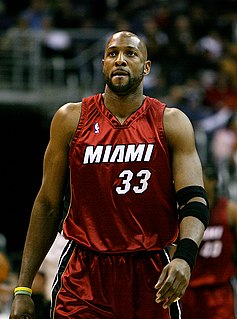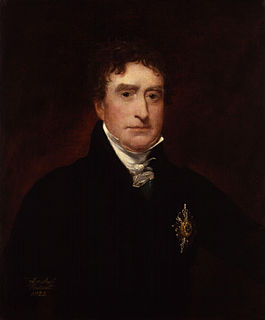A Quote by Ken Follett
I have quite a few different Bibles. Having rejected my parents' religion, I still think the King James Bible is the most important work of literature in English. None of us can help being influenced by it.
Related Quotes
There is more Bible buying, Bible selling, Bible printing and Bible distributing than ever before in our nation. We see Bibles in every bookstore - Bibles of every size, price and style. There are Bibles in almost every house in the land. But all this time I fear we are in danger of forgetting that to HAVE the Bible is one thing, and to READ it quite another.
We got through all of Genesis and part of Exodus before I left. One of the main things I learned from this exercise was not to begin a sentence with "And." When I pointed out that most sentences in the Bible began with "And," I was told that English had changed since the time of King James. In that case, I argued, why make us read the Bible? But it was in vain. Robert Graves at that time was very keen on the symbolism and mysticism in the Bible.
The English tourist in American literature wants above all things something different from what he has at home. For this reason the one American writer whom the English whole-heartedly admire is Walt Whitman. There, you will hear them say, is the real American undisguised. In the whole of English literature there is no figure which resembles his - among all our poetry none in the least comparable to Leaves of Grass
We often sometimes forget that- prior to the invention of removable pipe- there really were no English Bibles. We have treasures, we have Bibles in every size and shape and color. But there's a failure to recognize what's contained inside the cover of the Bible. We grow apathetic, and I think that the issue is reacting to the Word of God. Not just carrying, but get back into the Word of God and then get the Word of God into us. It's all about mining the scripture, memorizing the scripture, and meditating with our scripture.
You know, artists are influenced by other artists. We're all deeply influenced by what's around us; we don't make anything cold. Sometimes we think that we do. But within that, the most important part is that even though we're influenced, what are the levels of invention that we carry forth even as we've been influenced by something that's come before?
I feel that each and every one of us as individuals has a responsibility to one another. None of us would be here without the help of someone else - whether it be guardians, teachers, parents, relatives, etc. - someone contributed to your well being as a person. We're all connected in so many different ways.
"Elohim," the name for the creative power in Genesis, is a female plural, a fact that generations of learned rabbis and Christian theologians have all explained as merely grammatical convention. The King James and most other Bibles translate it as "God," but if you take the grammar literally, it seems to mean "goddesses." Al Shaddai, god of battles, appears later, and YHWH, mispronounced Jehovah, later still.

































